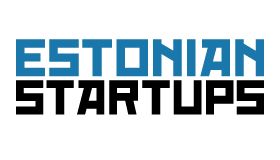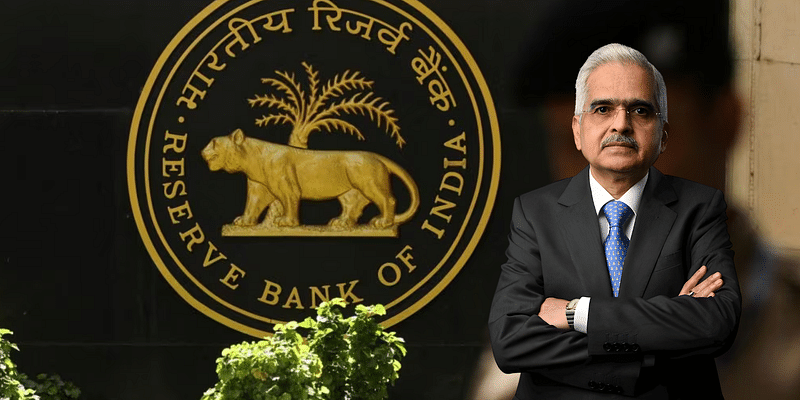Startup Estonia: Skype and beyond
Achoo, Arambla, BlackBook, Cloudseal, Defolio, Edicy, Flirtic, Fortumo, GrabCad, Listhings, Monsavile, Newspin, Photry, Plumbr, Quotista, Sportlyzer, Talentag, Toggl, Utilimon, ZeroTurnAround.
That, briefly, is the A-Z of a new wave of startups from Estonia who have succeeded in the international marketplace.

Estonia’s ‘gift to the world’ is Skype, one of the most disruptive startups of all time. Skype was sold to eBay for $.26 billion in 2005, and created a crop of wealthy investors; many of them are now behind a fresh wave of startups in Estonia. Our meeting with the Estonian startup industry was held, coincidentally, on the 10th anniversary of the founding of Skype.
The capital city Tallinn is regarded as of one the world's most IT-savvy intelligent cities as selected by the Intelligent Community Forum. Online voting facilities were implemented in Estonia in 2005, and accounted for a quarter of votes cast in the 2011 elections.
The country is also pushing for a European cloud infrastructure, with more sovereign rights for Europeans than US-based cloud services. Estonian citizens get smart ID cards for encrypted emails and transactions. 95% of Estonians file taxes online.
“Sell your shares in Parker,” joked Taavi Kotka, deputy secretary general of ICT from Estonia’s ministry of communication – the country has legalised digital signatures and pens are no longer needed.
In 2000, the government declared Internet access to be a human right. In 2007, Estonia became the first nation in the world to permit online voting, during its national parliamentary elections. Even the heaviest winter snowstorm thus does not affect poll turnout, joked Kotka.
Estonia helps spur tech innovators right from a young age. The “Programming Tiger” initiative aims to teach computer coding skills to children as young as five years old.
Estonia was also subjected to a major cyberwar in 2007 during a dispute regarding Russia, and the country has now put together a ‘Tallinn Manual’ on how to defend against cyberwarfare.

Estonia is leveraging its thought leadership in this space to develop e-government products and conduct training and certification courses in digital government. “If you want to buy French products, go for wine and cheese. But for e-security products, come to Estonia,” joked Hannes Astok from the e-GovernanceAcademy (www.eGA.ee), which was founded in 2002.“e-government + e-democracy = e-governance,” Astok said. Democracy cannot be implemented, it has to be developed; citizens are more active in governance than governments are, thanks to social media, said Astok. He shuttles between Estonia, Palestine and India, consulting for governments on how to use social media.
Jurgo-Soren Preden, founder of defense technology firm Defendec, has now spun off a startup called IoT (Internet of Things) to offer machine-to-machine solutions in smart streetlighting as well as ambient monitoring for healthcare.
A group of hospitals have come together to create the eHealth Foundation, as a test-bed for emerging e-health and m-health solutions, for example, tablet-based platforms for ambulance management.
Hannes Plinte has founded the company GoSwift to offer electronic queue management services; his product is now used to manage queues at the Russia-Estonia border, and has helped reduced wait times, eliminate corruption (no paper-based queue tickets are there to be re-sold), and cut down on garbage and waste from drivers and passengers who used to wait for hours by the roadside.
These are just a few glimpses of the emerging startups in Estonia. The TechnoPol IT park in Tallinn houses 150 startups, and my next dispatch will be from there!
[Follow YourStory's research director Madanmohan Rao on Twitter at http://twitter.com/MadanRao]










![[Startup Bharat] Y Combinator-backed BeWell Digital is enabling the digital transformation of radiologists](https://images.yourstory.com/cs/2/40d66ae0f37111eb854989d40ab39087/ImagesFrames31-1648033042143.png)
![[Funding alert] Electric vehicle startup Simple Energy in talks to raise $1M](https://images.yourstory.com/cs/2/11718bd02d6d11e9aa979329348d4c3e/Imagehrn6-1595836341886.jpg)